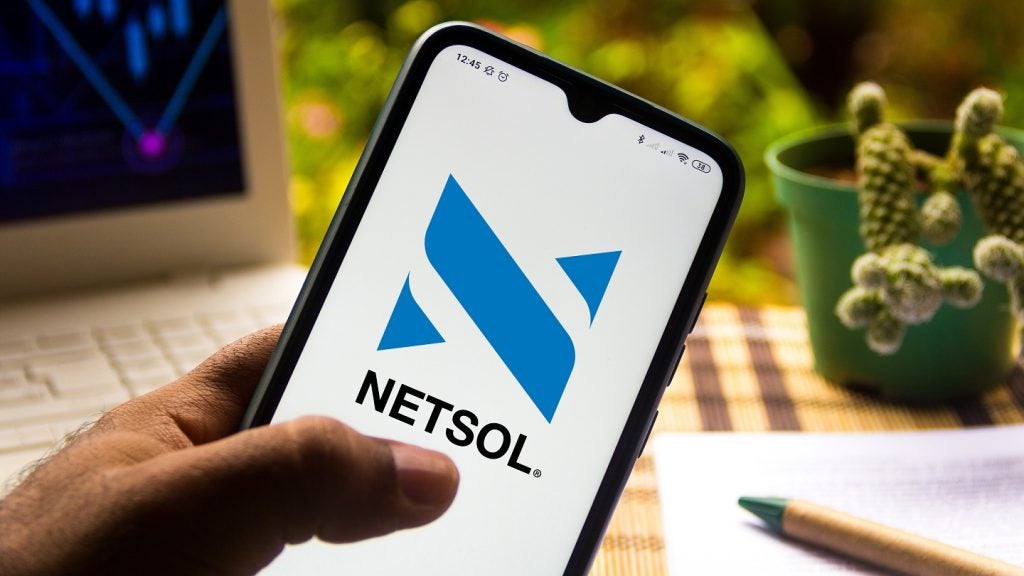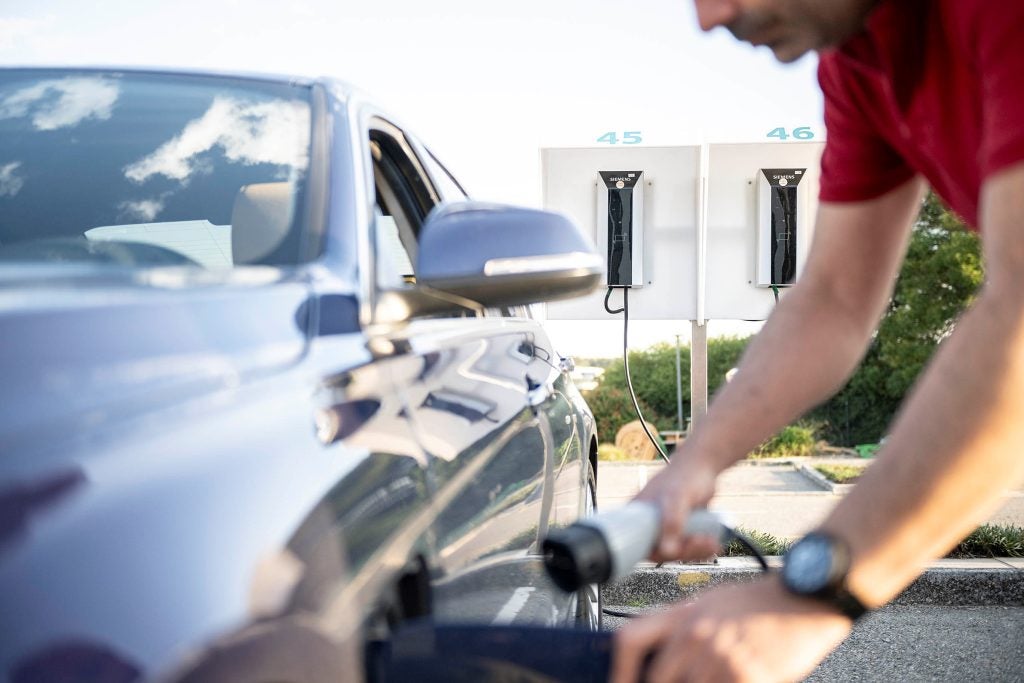UK tax body HMRC is to delay the introduction of the reverse VAT charge for construction services until October 2020.
The domestic reverse charge for construction services was due to be implemented from 1 October 2019. Originally confirmed by the government in the Autumn Budget of 2017, with HMRC guidance published in November 2018, the reverse VAT charge is intended to reduce the scope for VAT fraud within the construction industry. The reverse charge moves the responsibility for accounting for the VAT on any construction supplies to the customer rather than the UK supplier.
David Redfern, tax preparation specialist and managing director of DSR Tax Claims, said: “The introduction of the reverse charge was given such a long-lead in due to the recognition by HMRC that it would have a negative impact on cashflow for many construction businesses as well as the impact on accounting systems to account for VAT correctly.
“However, HMRC seems to have been unprepared for how great that negative impact would be, particularly as the construction industry struggles in such an unsteady economic climate. The decision to delay for a further year is to be welcomed by all who would have been adversely affected by the reverse charge.”
When making the decision to delay the reverse VAT charge, HMRC pointed to the concerns raised by representatives of the construction industry that many businesses were not ready to implement the change from next month. HMRC also cited concerns around a potential clash with Brexit as a contributory factor in the delay.
“HMRC has stated that it will use the delay to provide additional resources to ensure that the industry is aware of the change and can cope with that change. Additionally, it has said it will focus on tackling existing VAT fraud in the industry which appears to be a pragmatic approach, balancing as it does the need to tackle VAT fraud within the industry without harming the industry as a whole. It does need to ensure, nevertheless, that the construction services industry is not subject to further disruption at such a fragile time for the economy as a whole”, said Redfern.
How well do you really know your competitors?
Access the most comprehensive Company Profiles on the market, powered by GlobalData. Save hours of research. Gain competitive edge.

Thank you!
Your download email will arrive shortly
Not ready to buy yet? Download a free sample
We are confident about the unique quality of our Company Profiles. However, we want you to make the most beneficial decision for your business, so we offer a free sample that you can download by submitting the below form
By GlobalDataThis September, business groups penned a letter to Chancellor Sajid Javid expressing concerns over plans to prioritise repayments to HMRC over other creditors in insolvencies.
Under legislation included in the draft Finance Bill, the UK government is planning that, from 6 April 2020, certain tax debts owed by an insolvent company – including VAT, PAYE, and employee NICs – will be repaid to HMRC in priority to debts owed to floating charge holders and unsecured creditors, including a company’s pension scheme and its suppliers.







